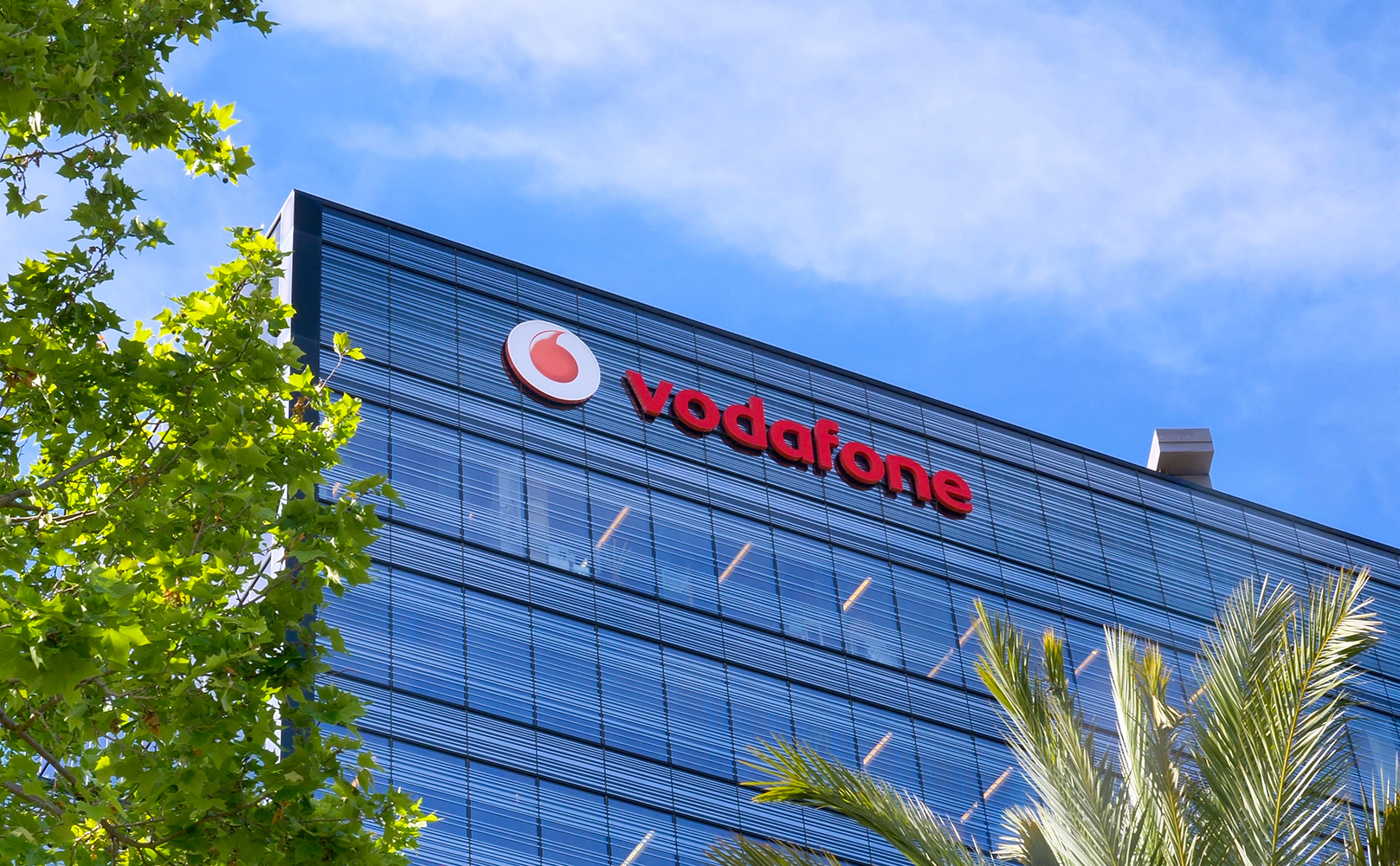The £15 billion ($19.5 billion) merger between Vodafone and Three may proceed if the companies address specific competition concerns, according to the U.K.’s Competition and Markets Authority (CMA) on Tuesday. Vodafone, based in the U.K., and Hong Kong-owned Three, have been advised to adopt several remedies that include significant investment into U.K. telecom infrastructure and protections for consumers.
The CMA’s provisional approval requires that Vodafone and CK Hutchison, Three’s parent company, meet multiple conditions, including:
- A binding commitment to invest £11 billion ($14.46 billion) into enhancing and expanding U.K. network infrastructure over the next eight years, monitored by both Ofcom and the CMA.
- A commitment to maintain certain mobile tariffs and data plans for existing and new customers for at least three years.
- Competitive pricing and terms for mobile virtual network operators (MVNOs) that rely on third-party infrastructure, ensuring they can access competitive wholesale network rates.
Stuart McIntosh, chair of the CMA’s inquiry group overseeing the investigation, stated that these commitments could make the merger “pro-competitive” if the companies deliver on the proposed conditions. “Binding commitments combined with short-term protections for consumers and wholesale providers would address our concerns while preserving the benefits of this merger,” McIntosh said.
Vodafone has expressed support for the CMA’s framework, emphasizing that the merger would catalyze benefits for U.K. businesses and consumers by advancing digital infrastructure and bringing 5G to schools and hospitals across the country. A Vodafone spokesperson added that the deal represents a positive step forward for national telecom advancements.
The CMA’s final decision is anticipated by December 7. This follows earlier findings in September suggesting that the merger could increase consumer prices and harm competition among MVNOs like Sky Mobile, Lyca, and iD Mobile. Since then, the CMA has reviewed potential solutions from Vodafone and Three to mitigate these concerns.
Vodafone, which would hold a 51% stake in the combined company with CK Hutchison owning the remainder, first proposed the merger with Three in June last year. This consolidation would reduce the number of major U.K. mobile operators from four to three, trailing behind rivals EE (owned by BT) and O2 (owned by Telefonica and Liberty Global). Vodafone argues that such a merger is necessary to boost investment in U.K. digital infrastructure, which has lagged behind other large economies.
Despite these assurances, opponents like BT and Sky Mobile continue to challenge the merger. BT has expressed concern that the merged entity would possess an “unprecedented” level of network capacity and spectrum in Western European markets, potentially stifling competition and discouraging further investment. Sky Mobile has echoed these concerns and is expected to lobby against the merger before the final deadline.
Kester Manning, consumer and connectivity director at CCS Insight, views the CMA’s conditional approval as a “big step forward” toward finalizing the merger, which would create a new market leader with over 29 million customers. Manning added, however, that BT and other opponents are likely to mount further challenges in the coming weeks.















